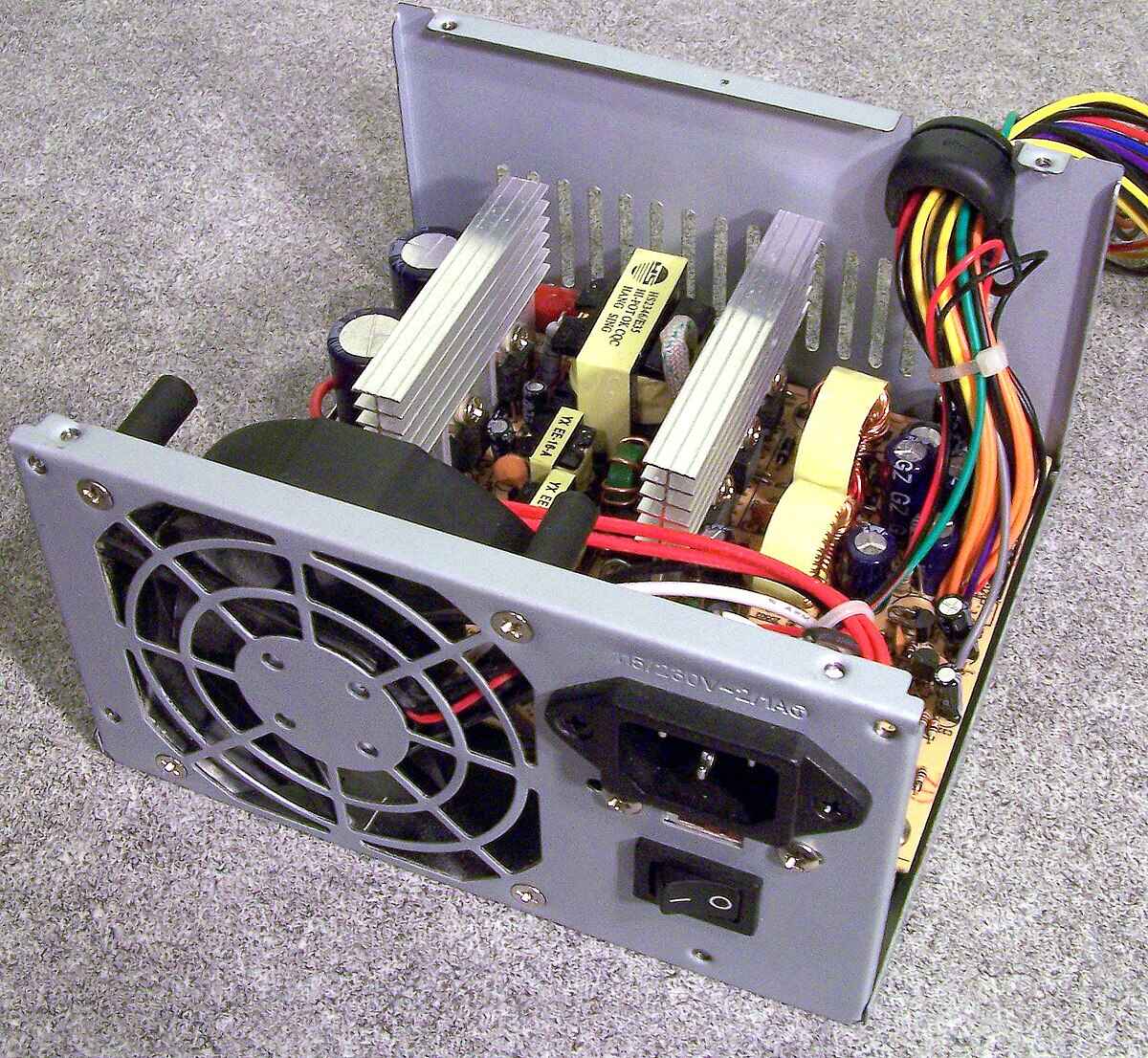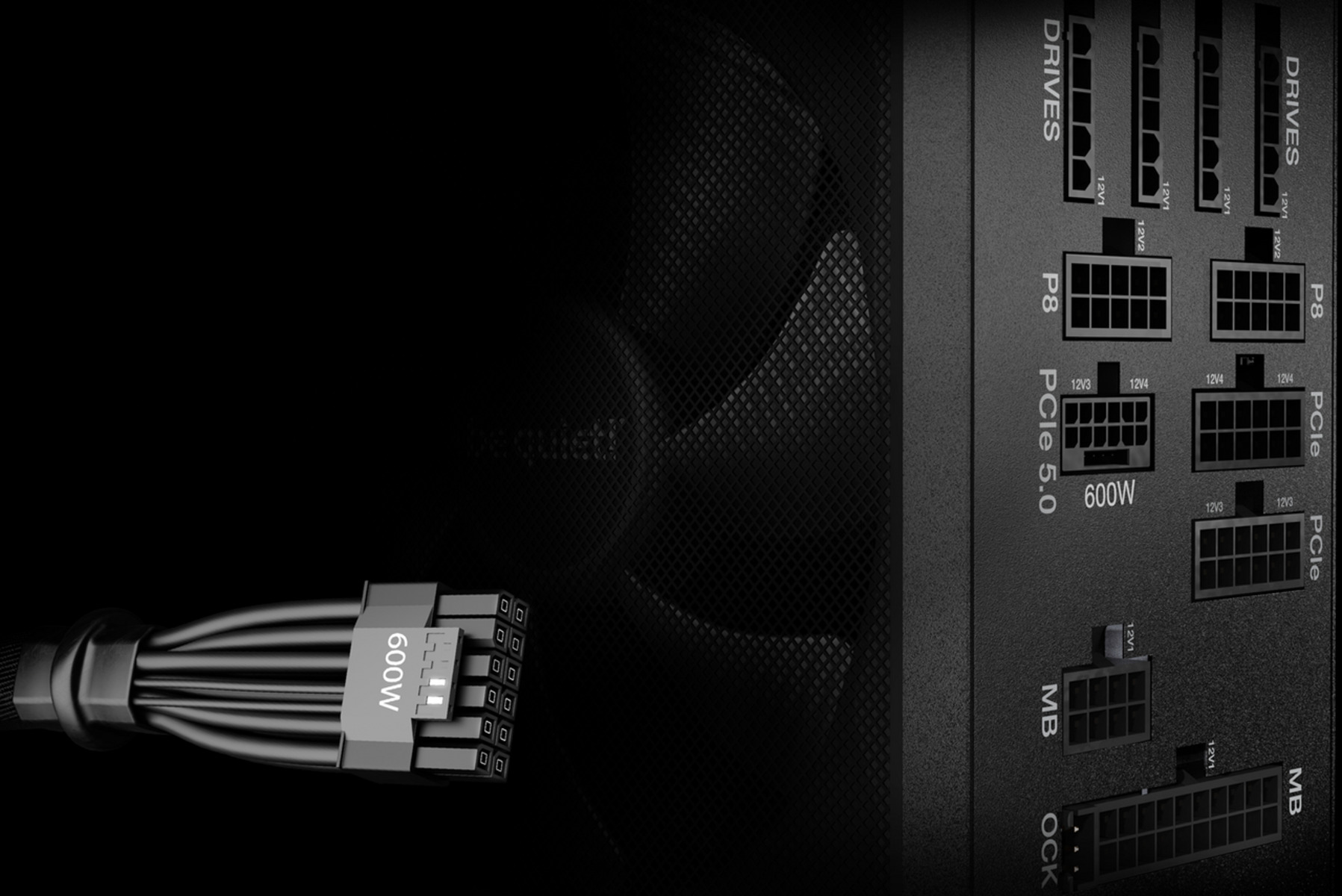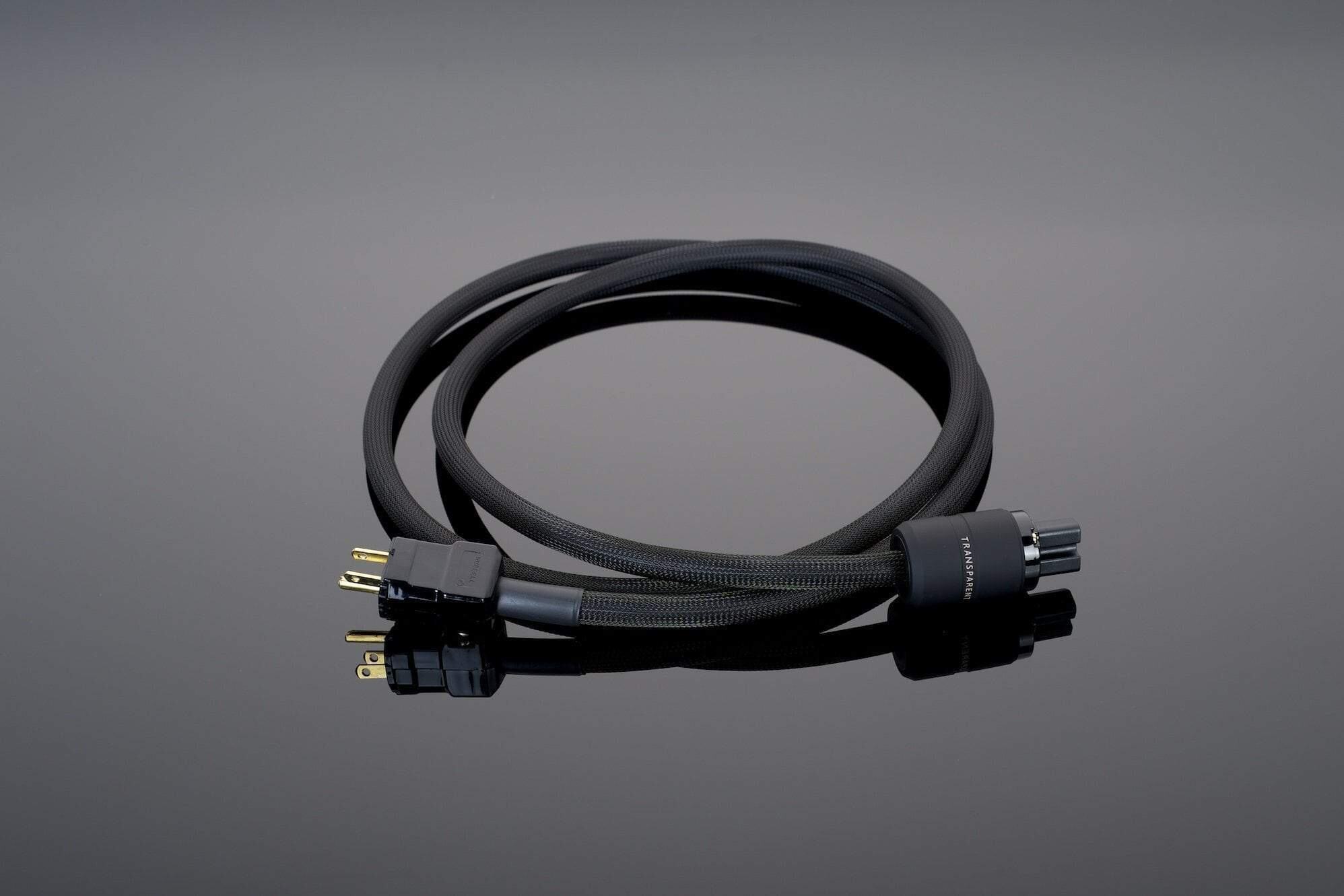Introduction
The power supply unit (PSU) is a critical component of any electronic device, providing the necessary electrical power to keep it running smoothly. When it comes to wiring the PSU, choosing the right gauge wire is crucial for ensuring safety and optimal performance. In this article, we will explore the importance of selecting the appropriate wire gauge for the PSU and the factors to consider when making this decision.
Understanding wire gauge is essential to comprehend how it impacts the flow of electrical current. Wire gauge refers to the thickness or diameter of the wire and is denoted by a numerical value. The higher the gauge number, the thinner the wire. Conversely, a lower gauge number indicates a thicker wire. It is worth noting that wire gauge is inversely proportional to its thickness.
Proper wire gauge selection is crucial for the PSU as it directly affects how effectively it can deliver power. Using a wire with inadequate gauge can lead to undesirable consequences such as voltage drop, excessive heat, and potential damage to the PSU or even the entire system. On the other hand, using an excessively thick wire may be unnecessary and can result in increased cost and reduced flexibility during installation.
Several factors must be considered when choosing the appropriate wire gauge for the PSU. The wattage requirements of the system, the length of the wire run, and the type of connectors used are all critical considerations. By taking these factors into account, you can ensure optimal power delivery and minimize any potential issues that may arise from using the wrong wire gauge.
Understanding Wire Gauge
Wire gauge is a measurement used to determine the size of electrical wire. It is denoted by a numerical value, with a higher number indicating a smaller diameter wire and a lower number indicating a thicker wire. The concept of wire gauge may seem confusing at first, but once you understand its significance, you can make better decisions when it comes to selecting the appropriate wire for your power supply unit (PSU).
Wire gauge is determined by the American Wire Gauge (AWG) system, which is widely used in North America. The AWG system assigns a specific gauge number to each wire size based on its diameter. For example, a wire with a gauge of 14 has a larger diameter than a wire with a gauge of 18.
The thickness of the wire plays a crucial role in determining its electrical efficiency. Thicker wire has lower electrical resistance, allowing for better power transmission. Thinner wire, on the other hand, has higher resistance and can lead to voltage drop, heat buildup, and potential damage to the PSU or connected devices.
It is important to note that different wire gauges have specific current-carrying capacities. As the wire gauge increases, its ability to carry higher currents decreases. This means that if you use a wire with a smaller gauge than what is required for the current load, the wire may overheat and fail, potentially causing a fire or other electrical hazards.
Common wire gauges used in electrical applications range from 10 AWG to 30 AWG. For most PSU wiring needs, gauges between 18 AWG and 22 AWG are commonly used.
Rather than memorizing the specific current ratings for each wire gauge, it is essential to consult a wire gauge chart that provides the current-carrying capacity for different wire sizes. This will help you determine the appropriate gauge required for your specific PSU and system requirements.
Understanding wire gauge is vital when it comes to selecting the right wire for your PSU. By choosing the appropriate gauge, you can ensure efficient power transmission, prevent voltage drop, and maintain the overall integrity and safety of your system.
Importance of Proper Wire Gauge for PSU
The proper wire gauge for your power supply unit (PSU) is essential for several important reasons. Choosing the wrong wire gauge can have detrimental effects on the performance, safety, and longevity of your PSU and the overall system. Here are some key reasons why selecting the appropriate wire gauge is crucial:
- Efficient Power Delivery: Using the correct wire gauge ensures efficient power transmission from the PSU to the connected devices. Thicker wires with lower resistance allow for the smooth flow of electrical current, minimizing voltage drops and ensuring optimal performance of the system.
- Prevention of Overheating: Inadequate wire gauge can lead to excessive heat buildup. When the wire is too thin for the current load, it encounters increased resistance, causing the wire to heat up. Overheating not only reduces the efficiency of the PSU but can also pose a fire hazard and damage the connected components.
- Safety: Choosing the proper wire gauge for the PSU is crucial for maintaining a safe electrical system. Undersized wires can become hot, potentially causing short circuits, electrical fires, or even electrical shock hazards. By using the appropriate wire gauge, you ensure that the electrical current is safely and efficiently distributed.
- Compatibility: Different components within a system may have specific requirements for wire gauge. For example, high-power devices such as graphics cards or processors may require thicker wires to handle the increased current. Using the correct wire gauge ensures compatibility and avoids any potential issues with power delivery to these components.
- Longevity: Using the proper wire gauge helps to prolong the life of your PSU and the connected devices. When the wire gauge is too small, the wires may degrade over time due to excessive heat, leading to premature failure. By selecting the correct wire gauge, you can maintain the longevity and reliability of your PSU and prevent unnecessary replacement costs.
Considering these factors, it is evident that the proper wire gauge for your PSU is crucial for efficient power delivery, prevention of overheating, safety, compatibility, and overall system longevity. Taking the time to choose the correct wire gauge will help ensure optimal performance, reliability, and safety of your PSU and the entire electronic system.
Factors to Consider when Choosing Wire Gauge for PSU
When selecting the appropriate wire gauge for your power supply unit (PSU), several important factors need to be taken into consideration. These factors will help determine the optimal wire gauge for your specific PSU and system requirements. Here are the key factors to consider when choosing the wire gauge:
- Wattage Requirements: The power consumption of your system plays a significant role in determining the appropriate wire gauge. Higher wattage systems require thicker wires to handle the increased current. Consult the PSU specifications or calculate the power requirements of your components to ensure you choose a wire gauge that can effectively handle the wattage demands.
- Length of Wire Run: The length of the wire run from the PSU to the component also impacts the choice of wire gauge. Longer wire runs introduce more resistance, which can lead to voltage drops and reduced power delivery. As a general rule, the longer the wire run, the thicker the wire gauge should be to minimize voltage drop and ensure efficient power transmission.
- Connector Type: Different PSU connector types may have specific requirements for wire gauge. For example, PCIe connectors used for graphics cards often require thicker wires due to the high power demands of these components. Be sure to check the manufacturer’s specifications for the connectors you will be using and choose the appropriate wire gauge accordingly.
- Ambient Temperature: The ambient temperature of the environment in which the PSU will be operated should also be taken into account. Higher temperatures can cause wires to heat up more quickly, so it may be necessary to select a slightly thicker wire gauge to compensate for this additional heat.
- Future Expansion: Consider any future expansion plans for your system when choosing the wire gauge. If you anticipate adding more components or upgrading to higher wattage devices, it is advisable to select a wire gauge that can accommodate these future power requirements. This will save you from the hassle of having to rewire the system later on.
By considering these factors, you can make an informed decision when selecting the appropriate wire gauge for your PSU. Taking into account the wattage requirements, wire run length, connector types, ambient temperature, and future expansion plans will ensure optimal power delivery, prevent voltage drop, and maintain the safety and efficiency of your PSU and system.
Wire Gauge Recommendations for Different PSU Connector Types
Choosing the appropriate wire gauge for different power supply unit (PSU) connector types is crucial to ensure safe and efficient power delivery. Here are some wire gauge recommendations for commonly used PSU connector types:
- Main Power Connector (ATX): The main power connector, also known as the ATX connector, provides power to the motherboard. For this connector, a wire gauge of 18 AWG or 16 AWG is generally recommended. These thicker wires can handle the higher currents required by the motherboard and ensure stable power delivery.
- Peripheral Connectors (Molex and SATA): Peripheral connectors, such as Molex and SATA connectors, are used to power devices such as hard drives, optical drives, and fans. For these connectors, a wire gauge of 18 AWG or 20 AWG is commonly recommended. These gauges can adequately handle the moderate power demands of these peripherals.
- Graphics Card Connectors (PCIe): Graphics cards often have high power requirements, especially for gaming or high-performance systems. The PCIe connectors used to power graphics cards usually require thicker wires to handle the increased current. Wire gauges of 16 AWG or 14 AWG are generally recommended for PCIe connectors to ensure proper power delivery and prevent voltage drops.
- CPU Power Connector (EPS): The CPU power connector (EPS connector) supplies power to the processor. These connectors require thicker wires, particularly for higher wattage systems or overclocking scenarios. A wire gauge of 16 AWG or 18 AWG is typically recommended for the CPU power connector to handle the increased power demands of the processor.
- Modular PSU Cables: Modular power supply units allow for customization by using detachable cables. These cables typically come in various lengths and are pre-wired with specific connectors. It is important to follow the manufacturer’s recommendations for wire gauge when using modular PSU cables. The recommended wire gauge will depend on the specific connector type and the power requirements of the connected devices.
These are general wire gauge recommendations for different PSU connector types. However, it is crucial to consult the manufacturer’s specifications and guidelines when selecting the wire gauge for your specific PSU and connectors. Following the manufacturer’s recommendations ensures optimal power delivery, prevents voltage drops, and maintains the safety and performance of your PSU and connected devices.
Conclusion
Choosing the proper wire gauge for your power supply unit (PSU) is essential for ensuring safe and efficient power delivery to your electronic devices. By understanding wire gauge and considering important factors such as wattage requirements, wire run length, connector types, ambient temperature, and future expansion plans, you can make informed decisions when selecting the appropriate wire gauge.
Using the correct wire gauge prevents issues such as voltage drops, overheating, and potential damage to your PSU and connected components. Thicker wires with lower resistance allow for efficient power transmission and minimize the risk of electrical hazards.
For various PSU connector types, there are specific wire gauge recommendations. Main power connectors (ATX) benefit from wire gauges of 18 AWG or 16 AWG, while peripheral connectors such as Molex and SATA typically require wire gauges of 18 AWG or 20 AWG. Graphics card connectors (PCIe) often necessitate thicker wires, with recommendations of 16 AWG or 14 AWG. CPU power connectors (EPS) commonly benefit from wire gauges of 16 AWG or 18 AWG. Modular PSU cables have varying wire gauge recommendations based on connector types and power requirements.
Ultimately, following the manufacturer’s specifications and guidelines is crucial when choosing the appropriate wire gauge for your PSU and connectors. This ensures optimal power delivery, safety, and performance of your entire system.
By understanding the importance of wire gauge and considering the factors that influence its selection, you can confidently choose the appropriate wire gauge for your PSU, ensuring efficient power transmission, preventing voltage drops, and maintaining a safe and reliable electrical system for your electronic devices.

























